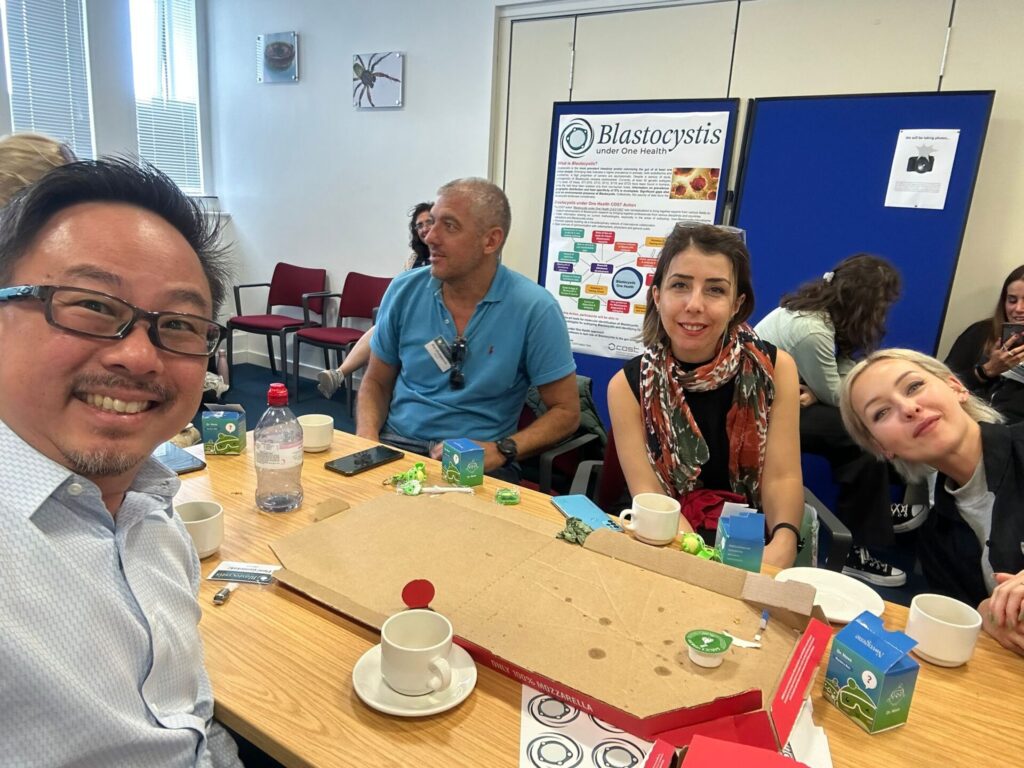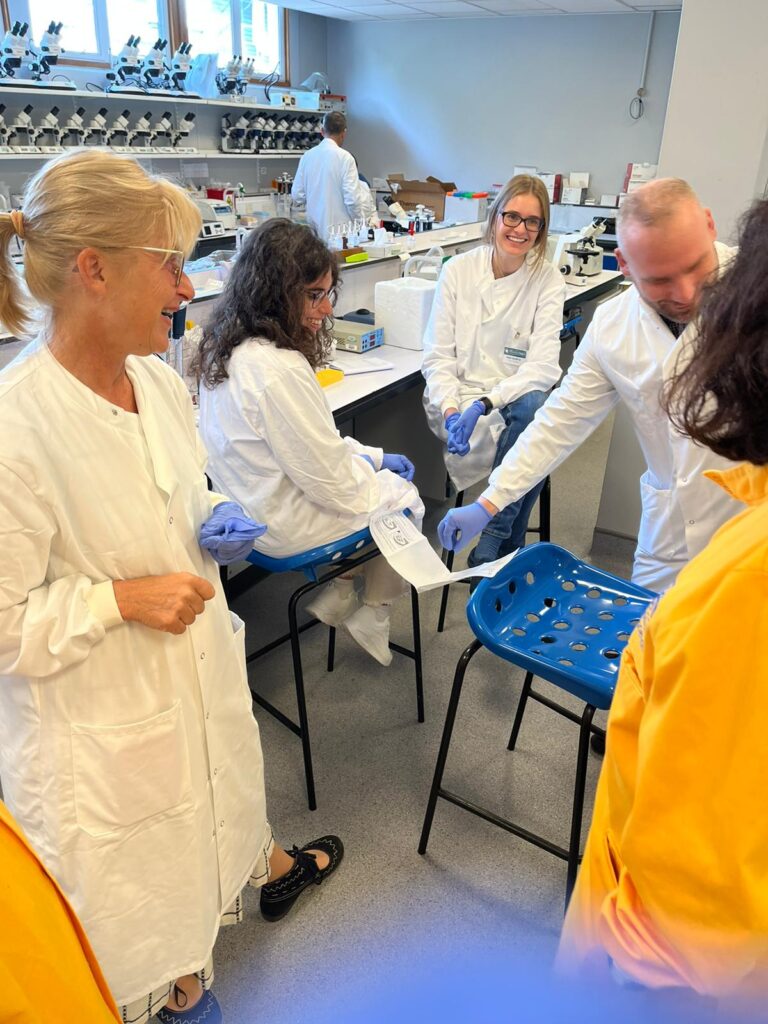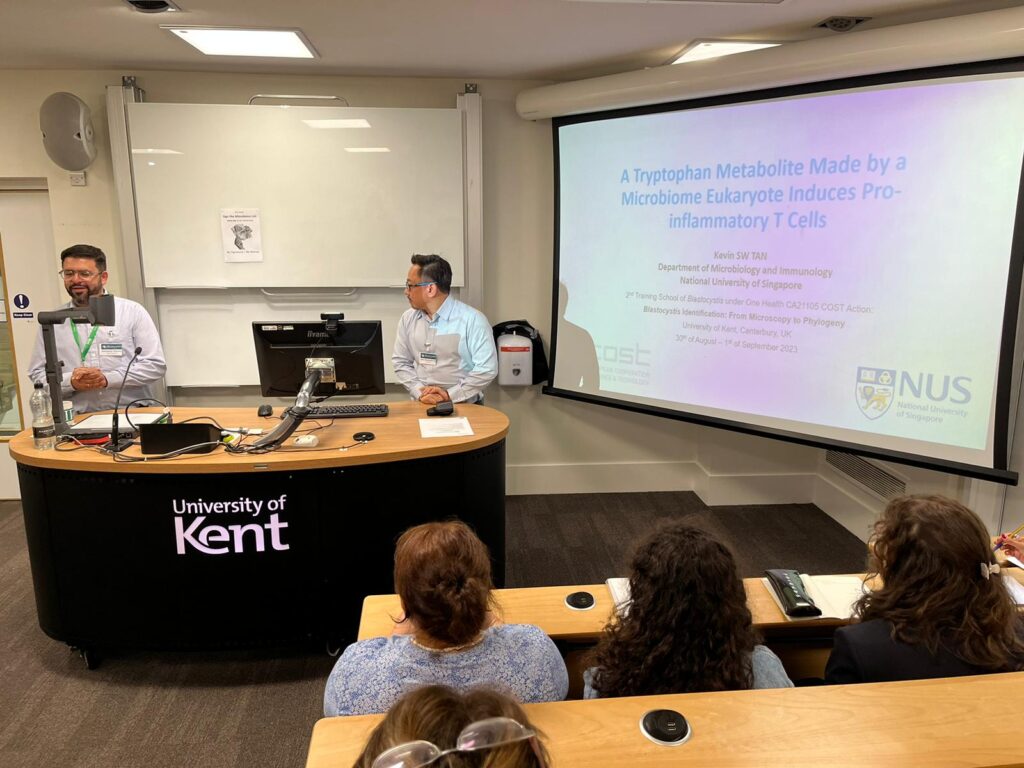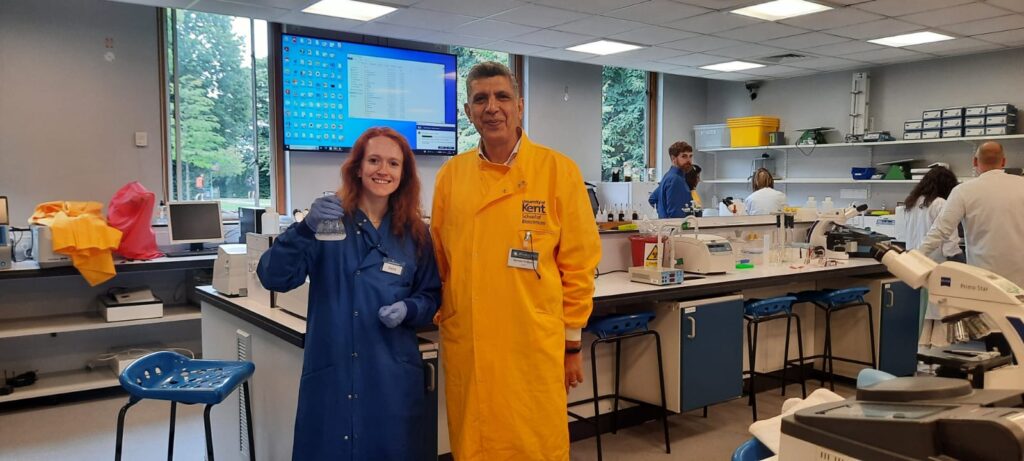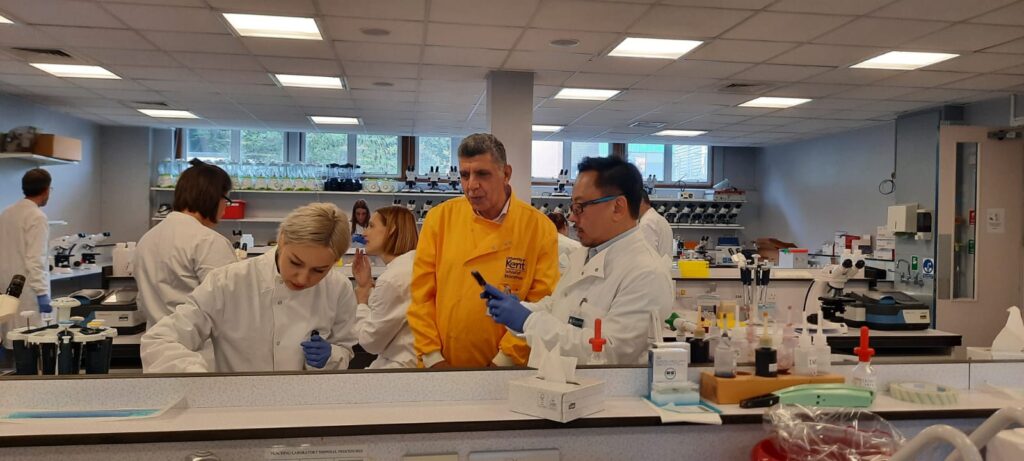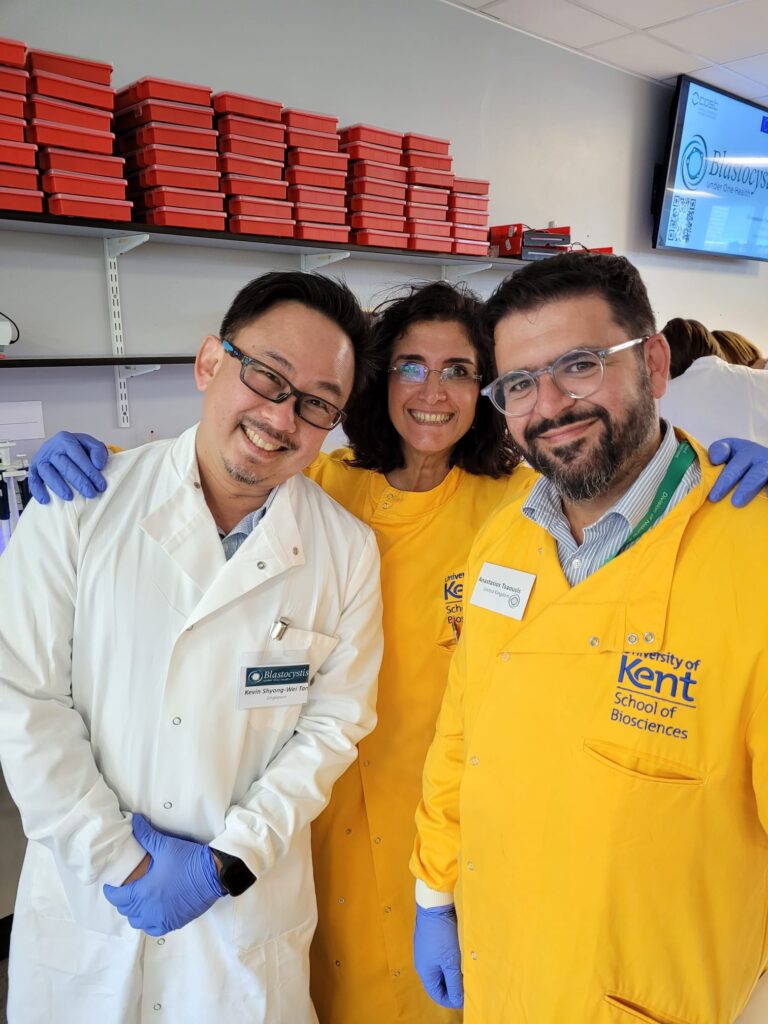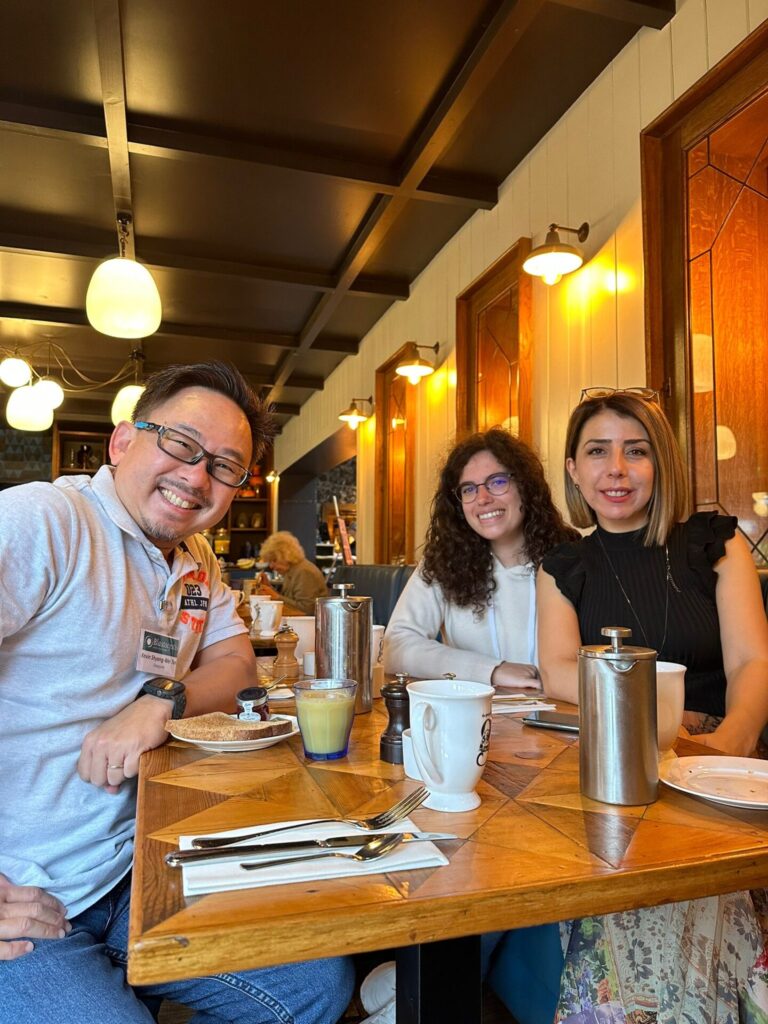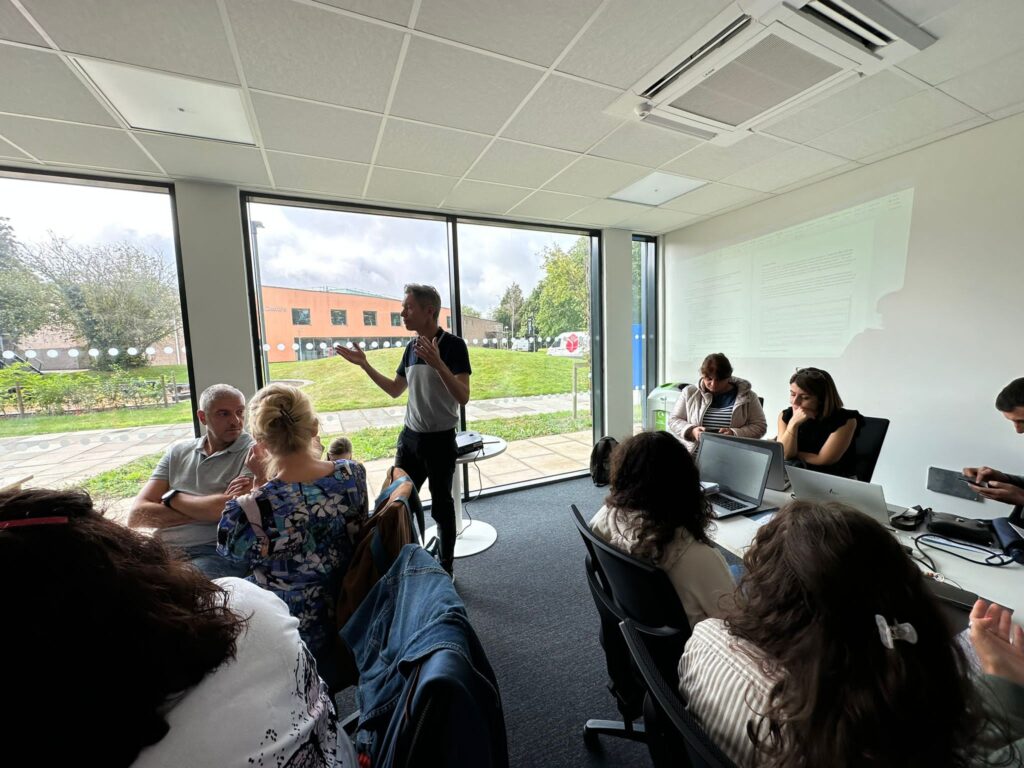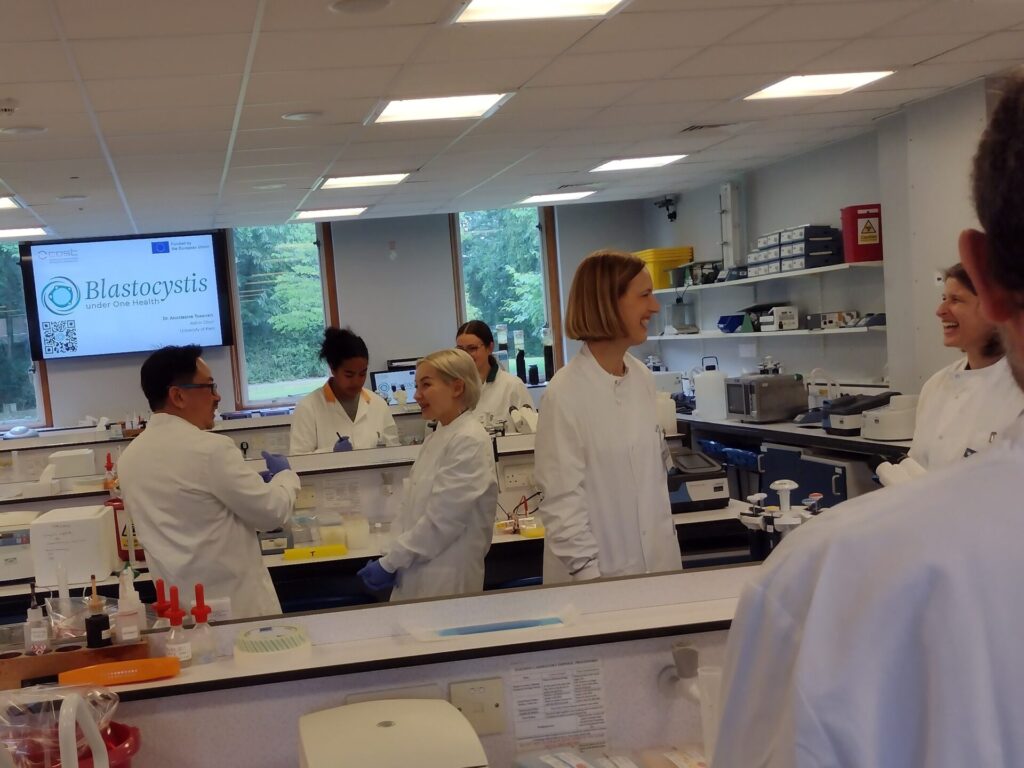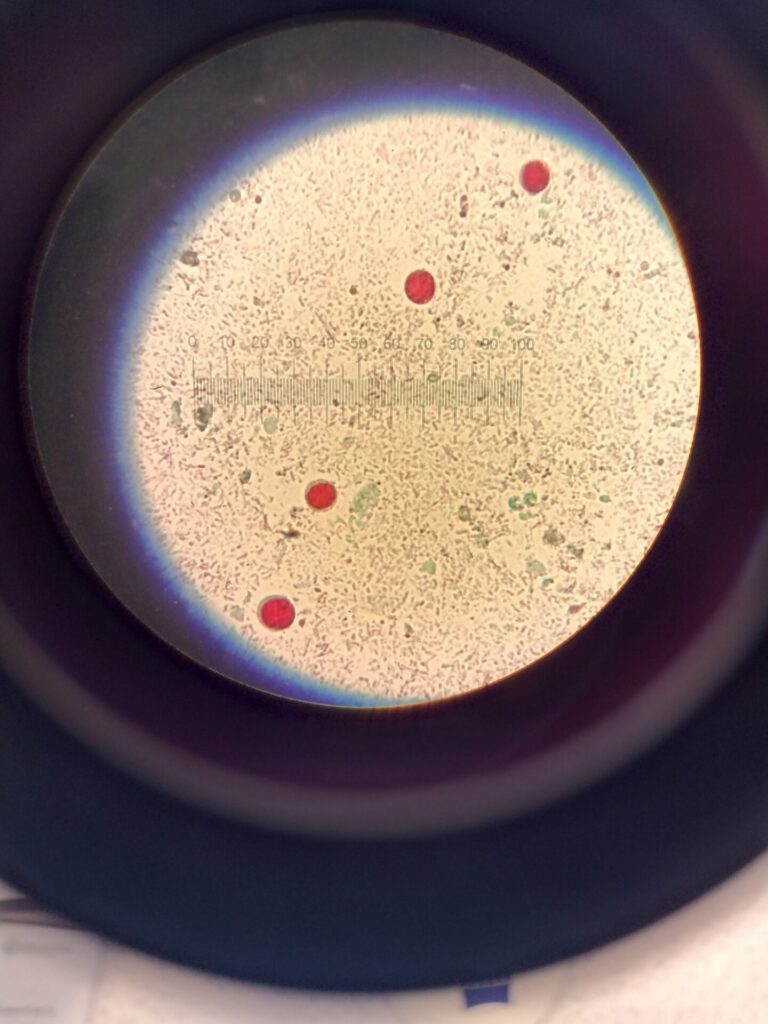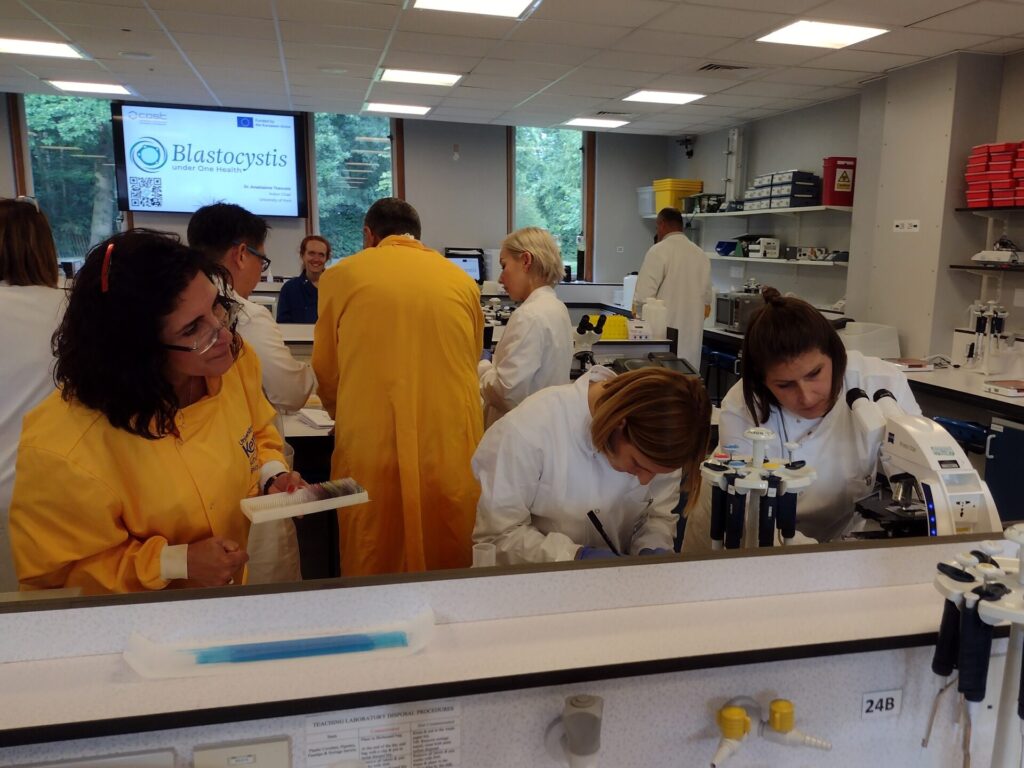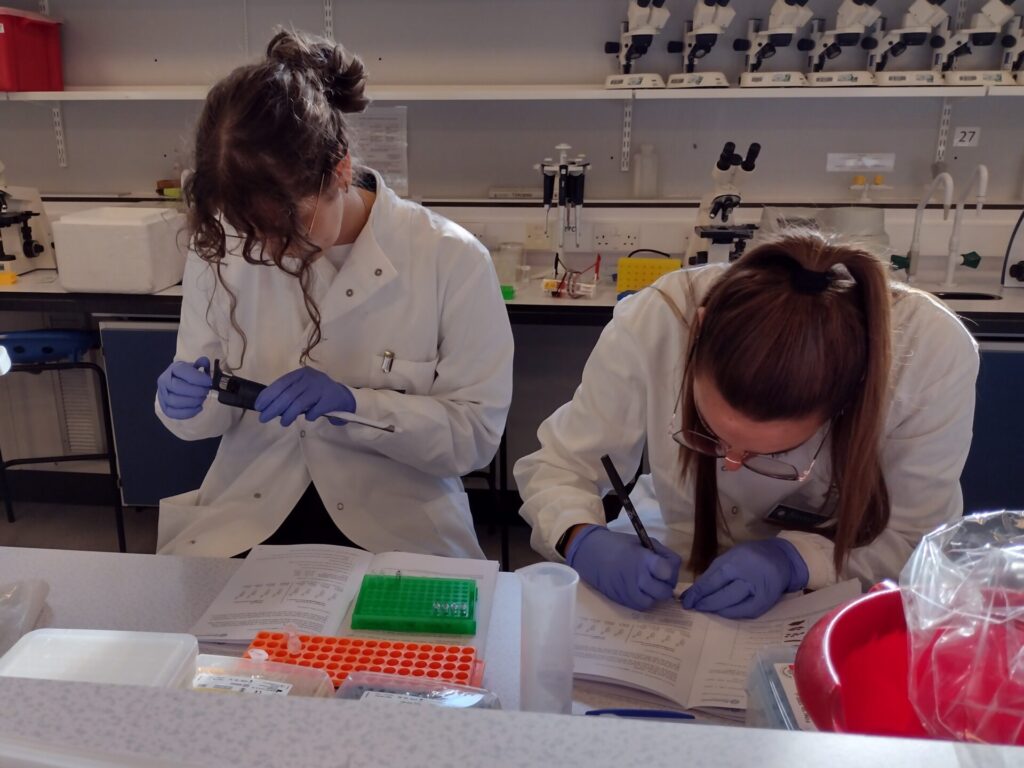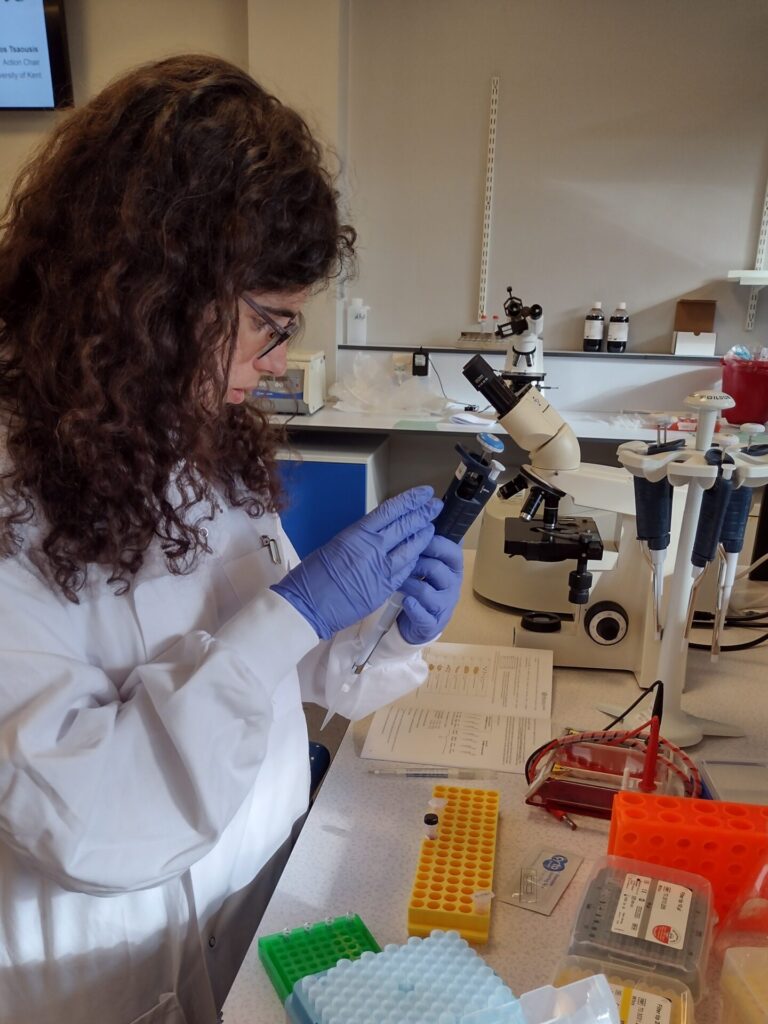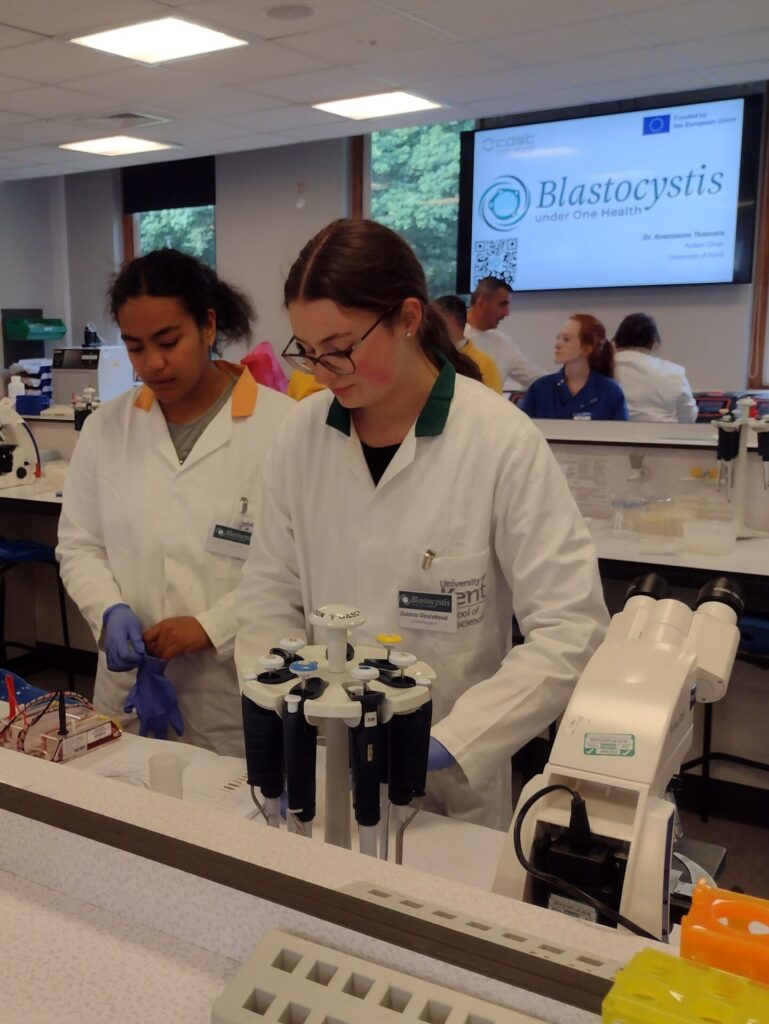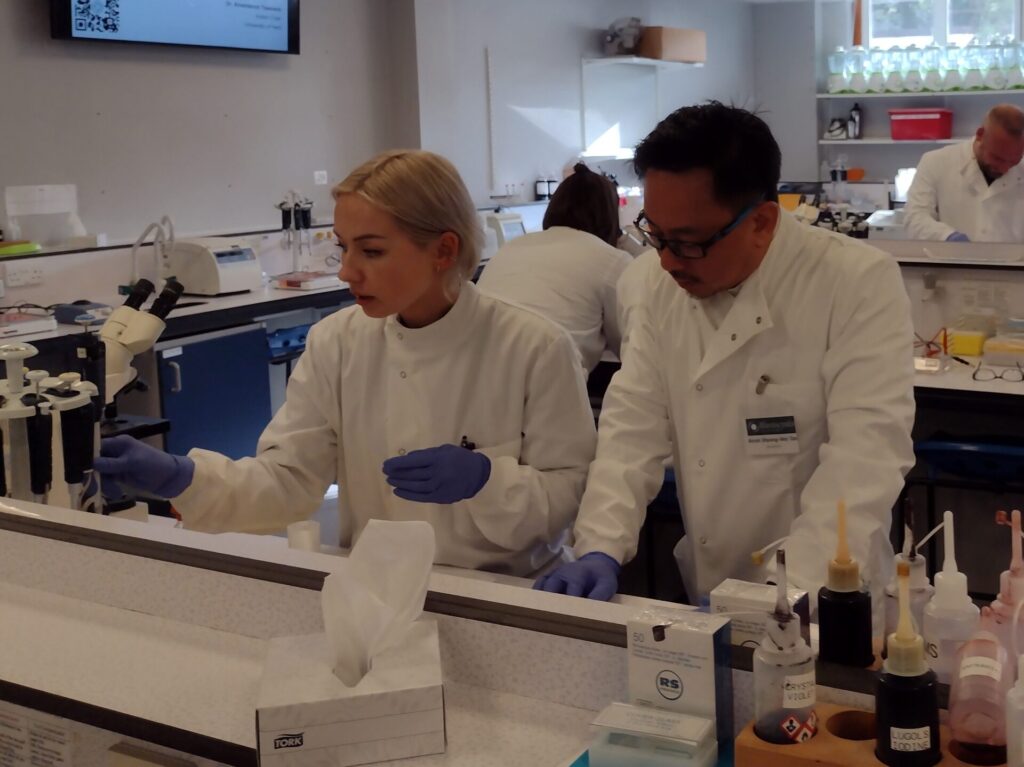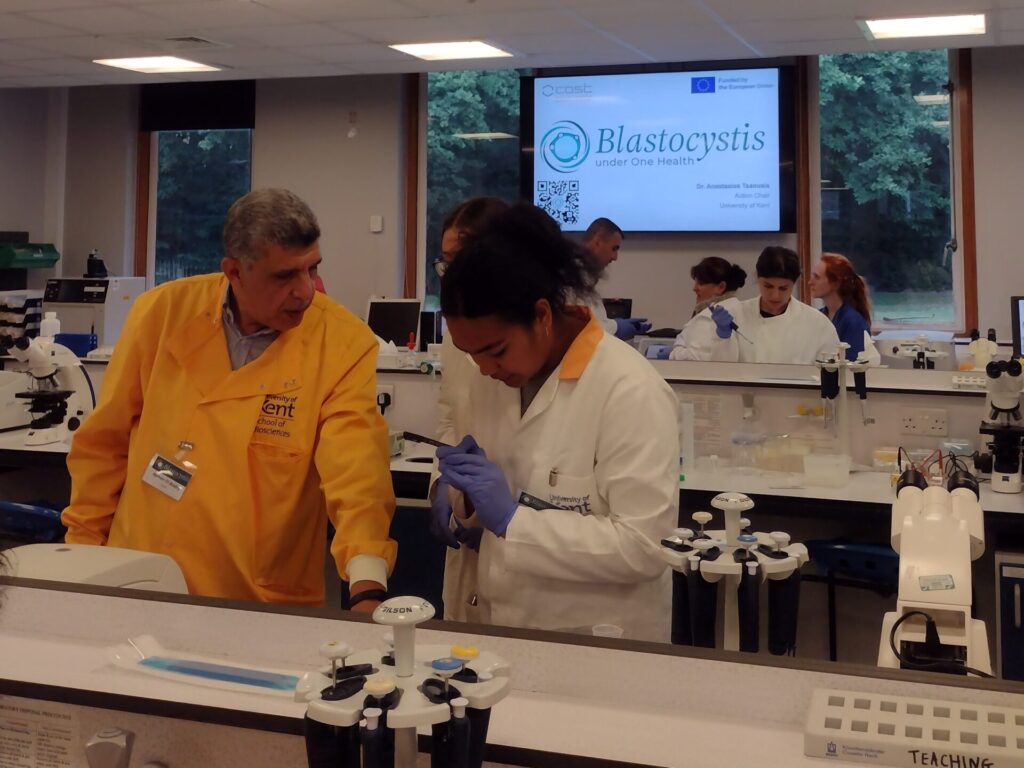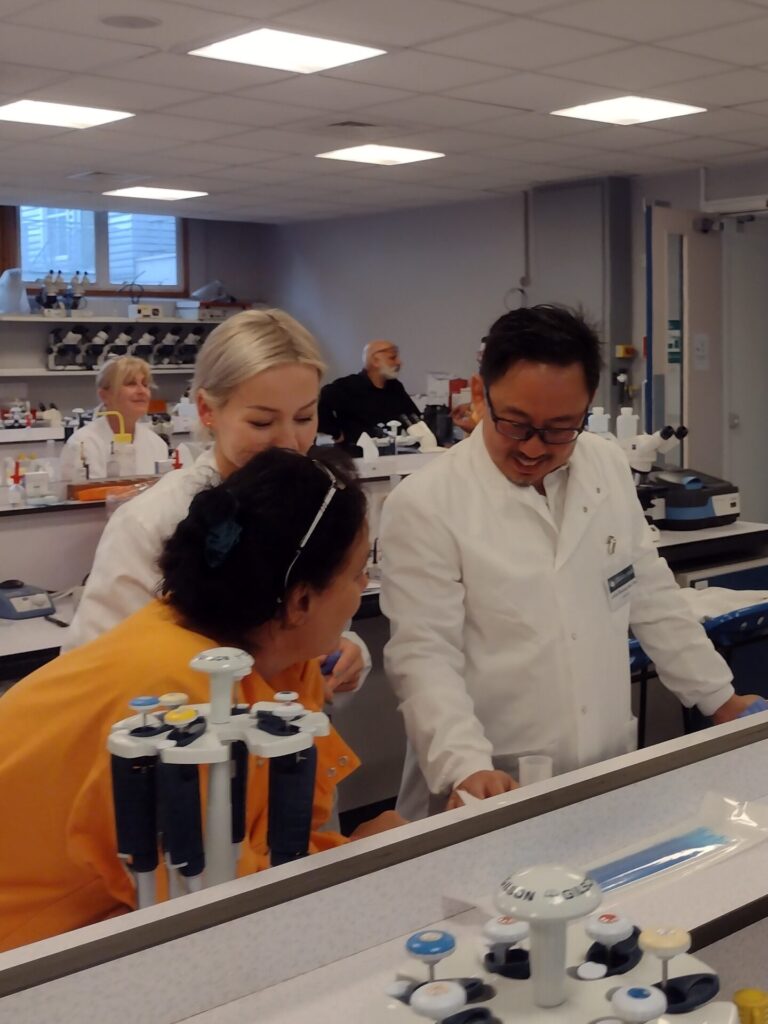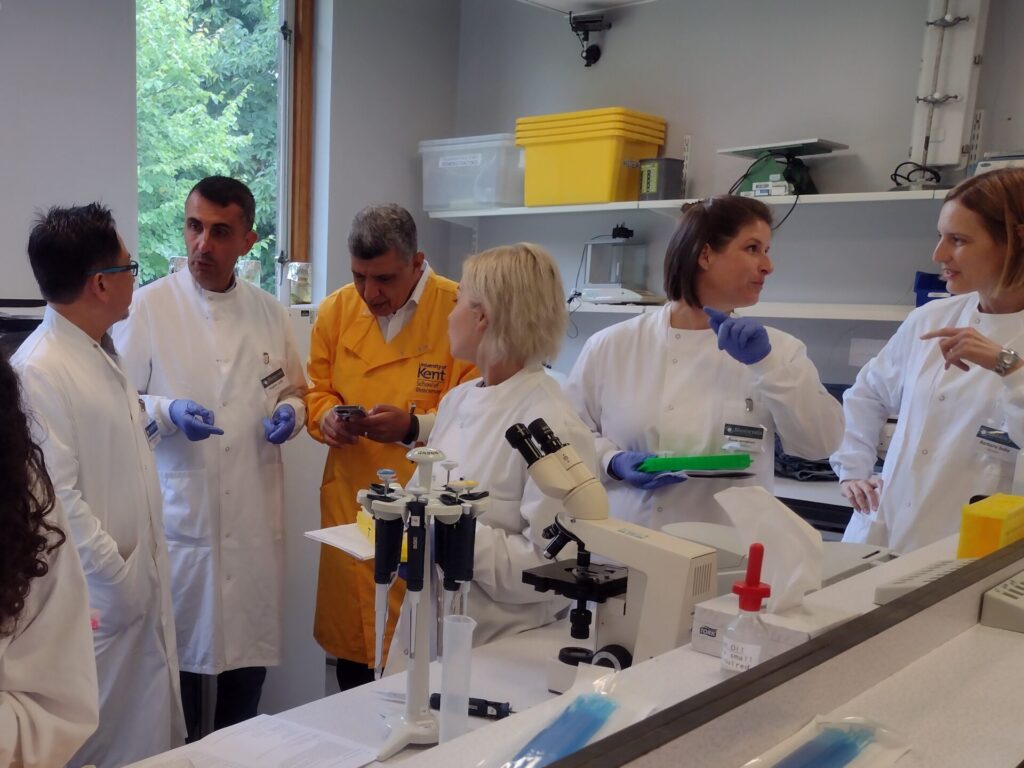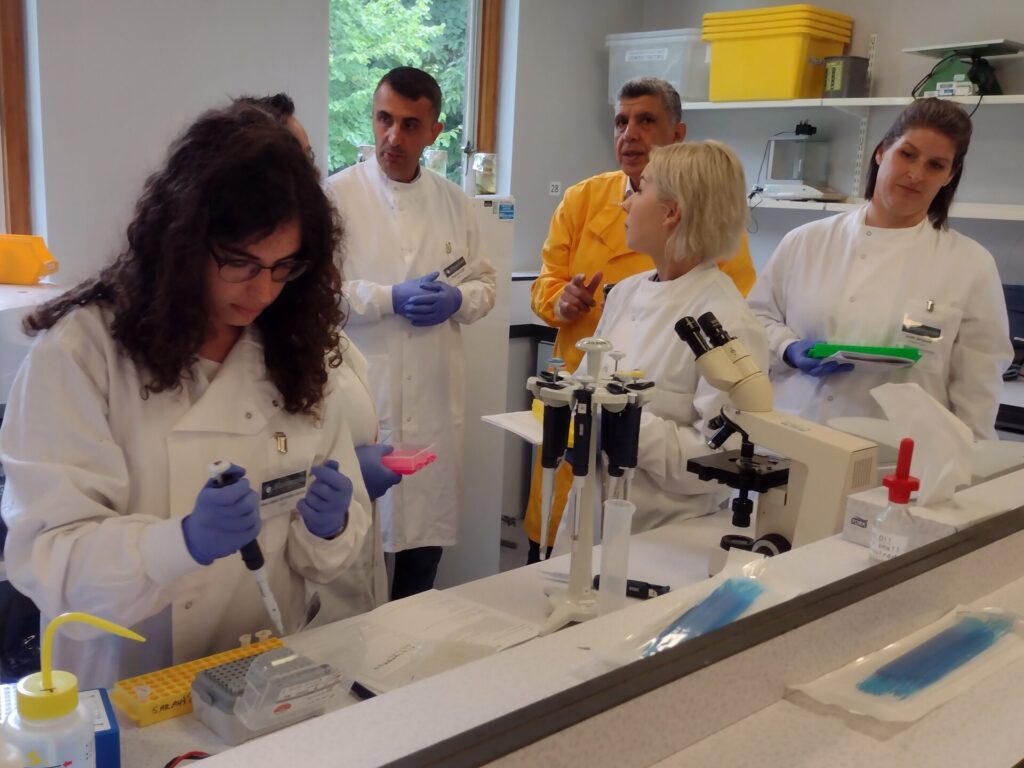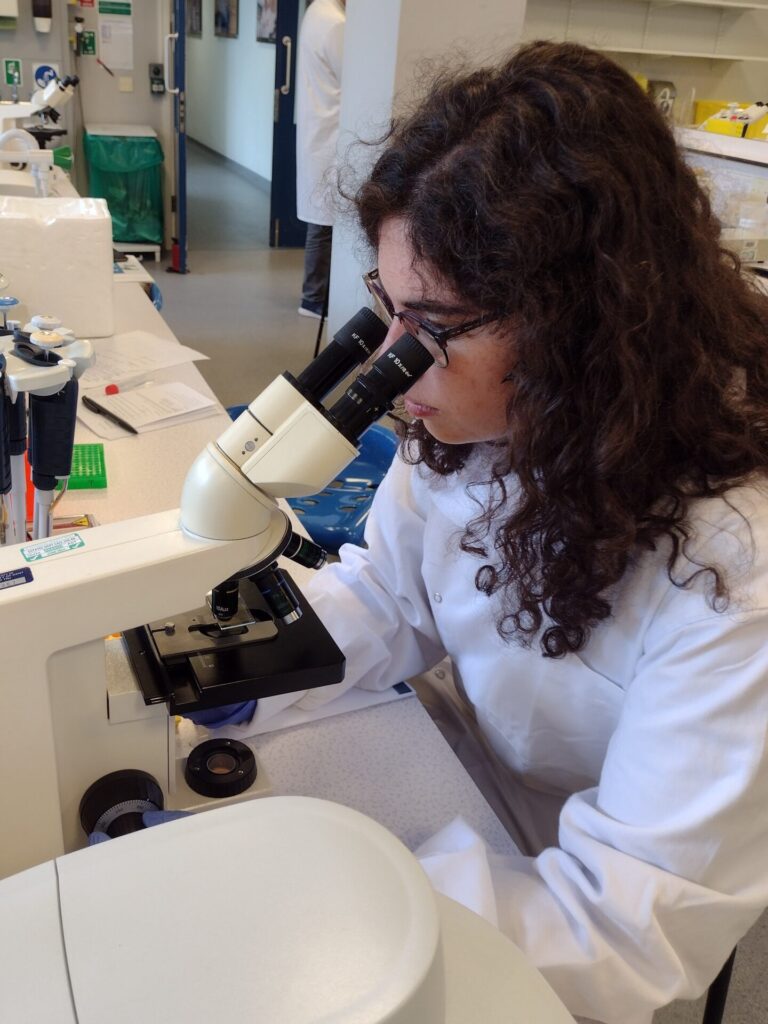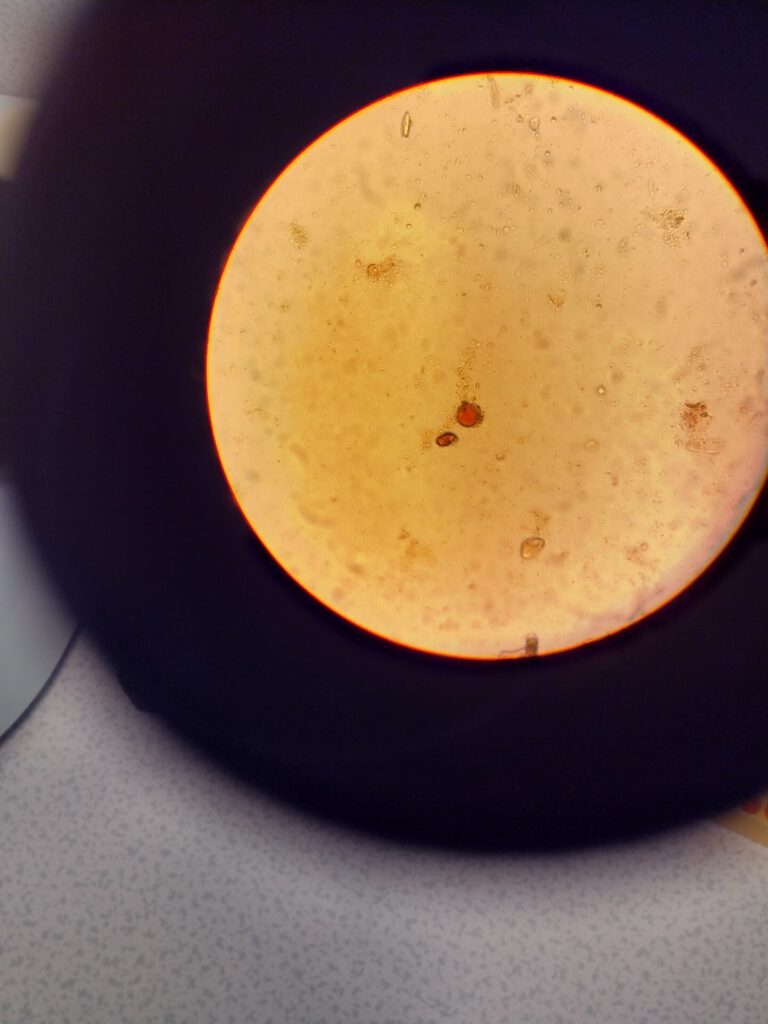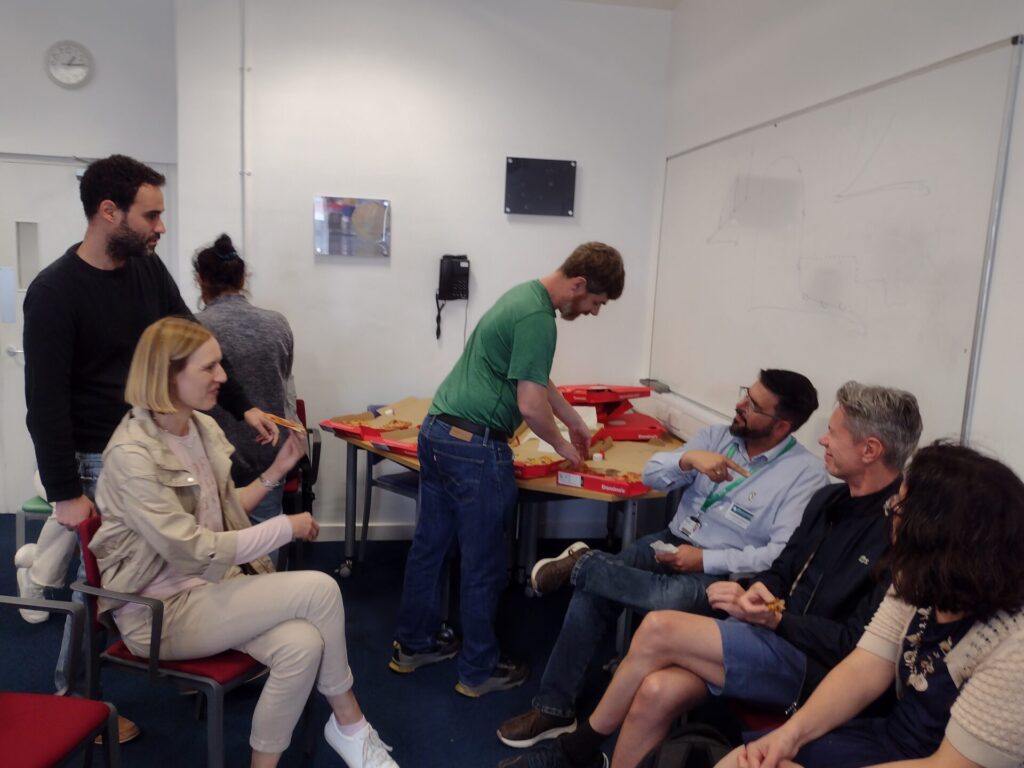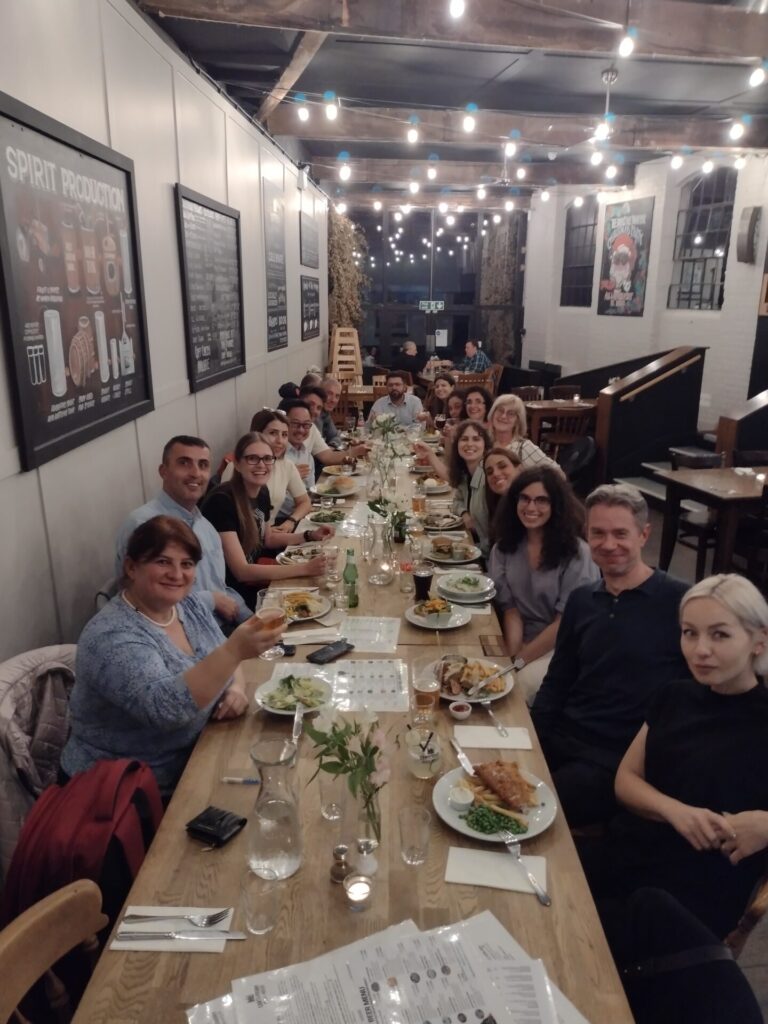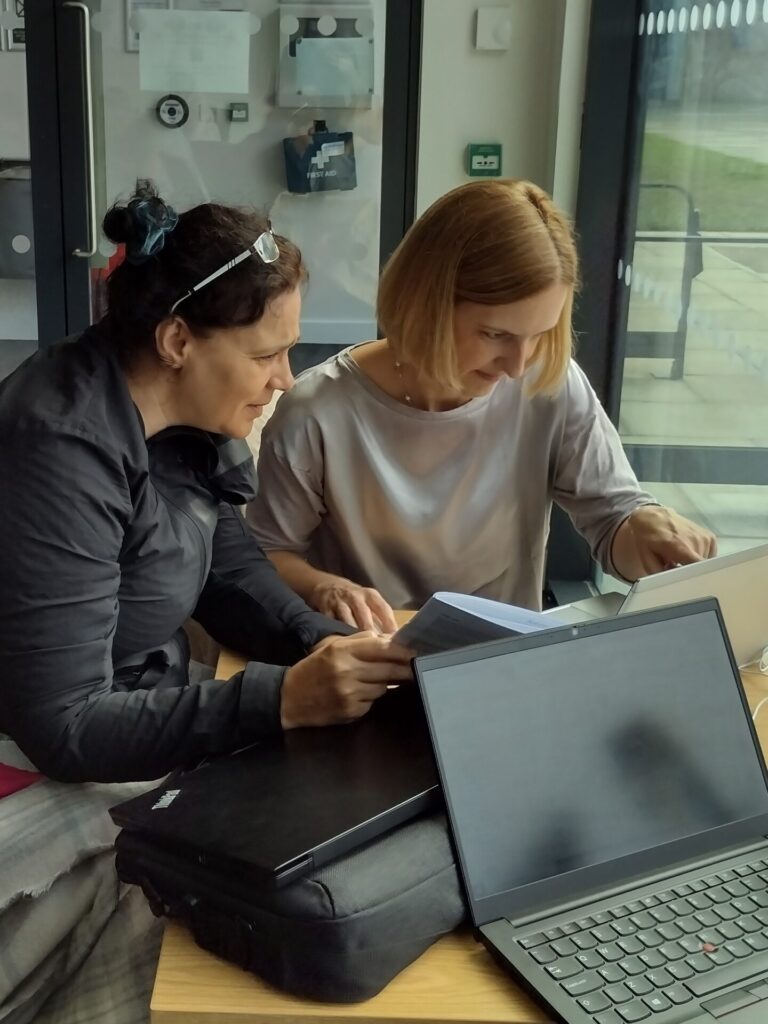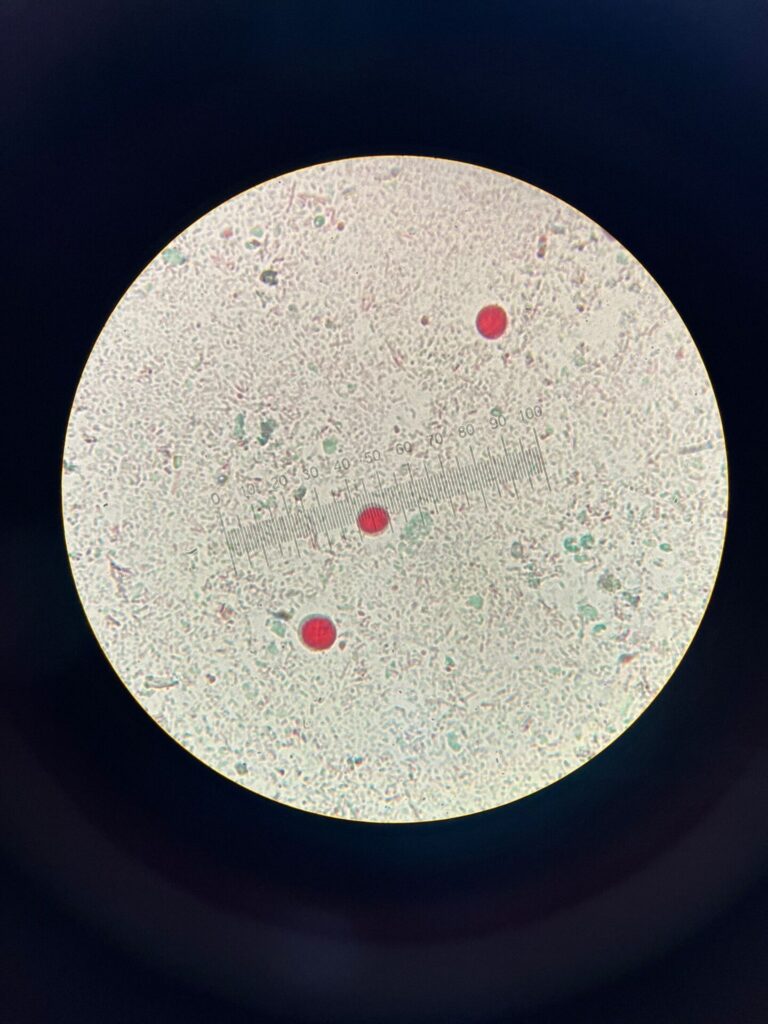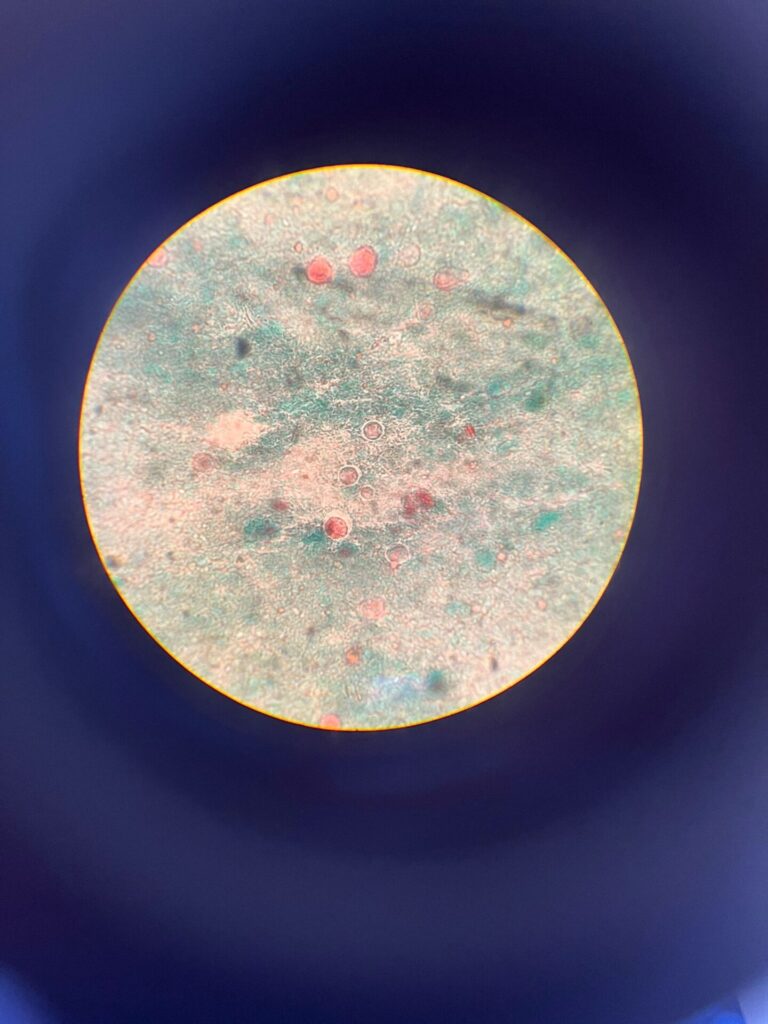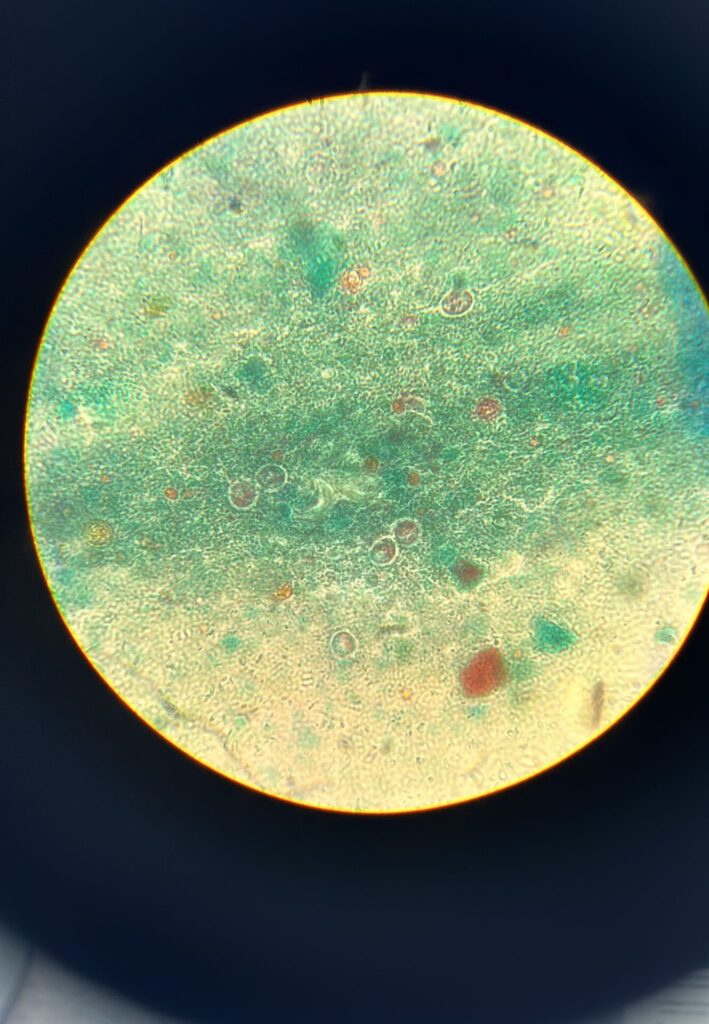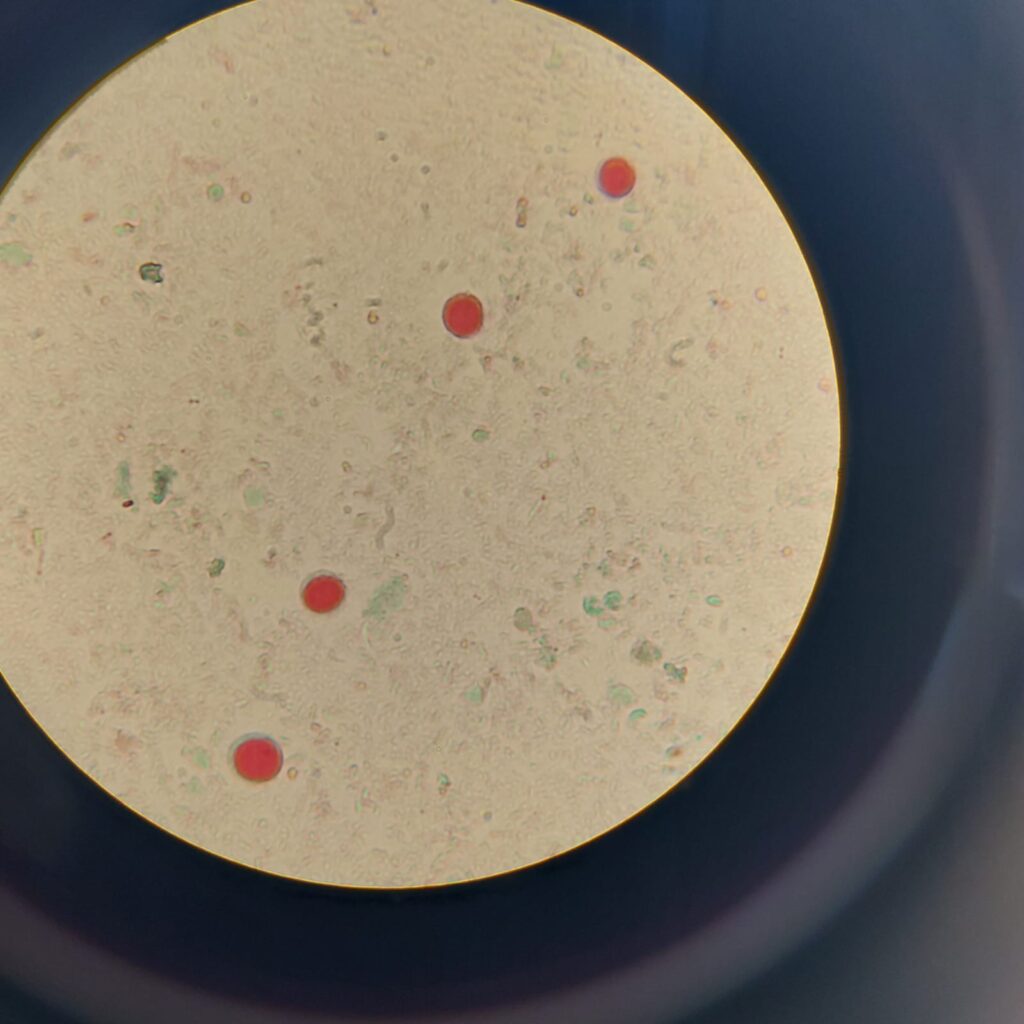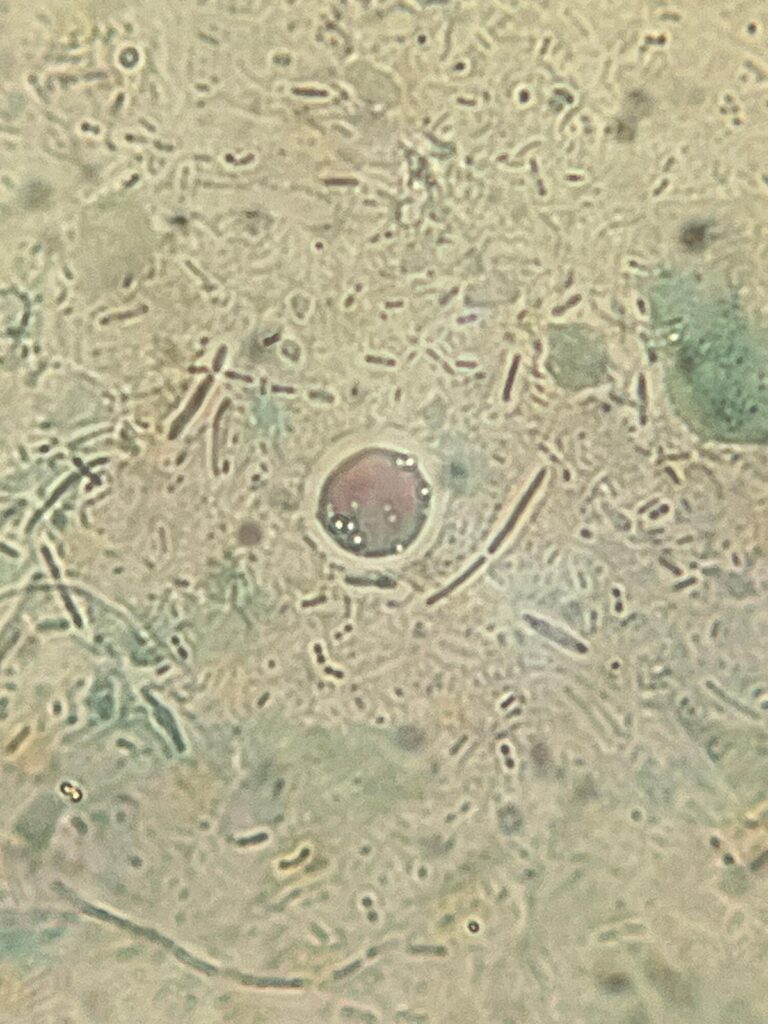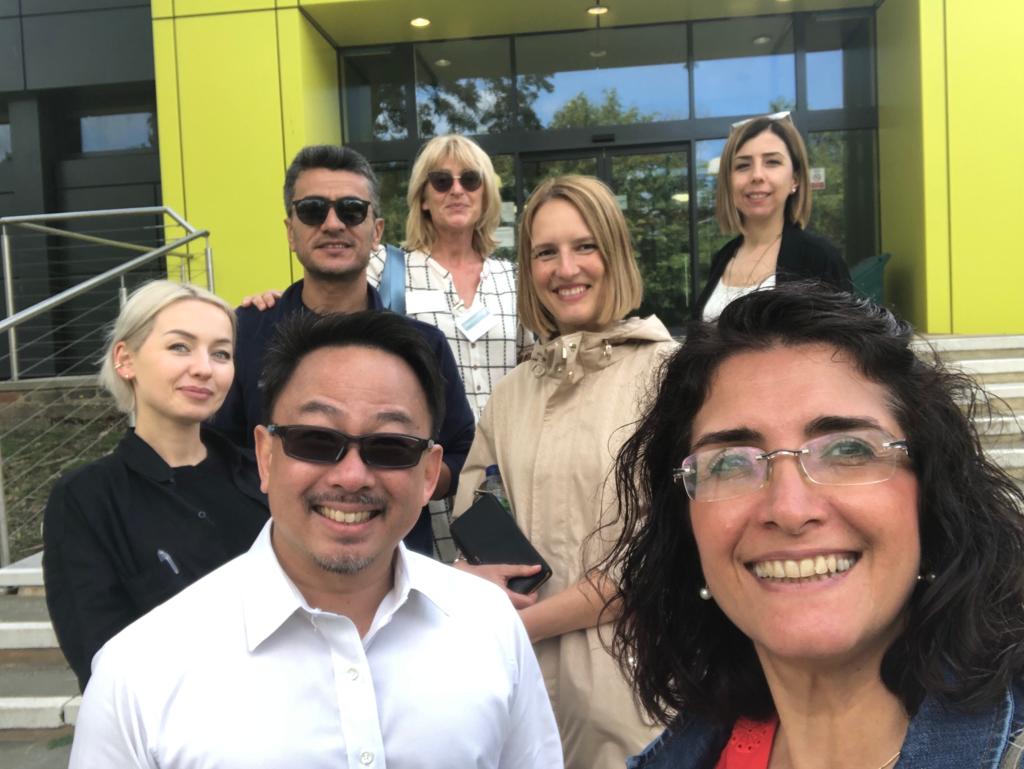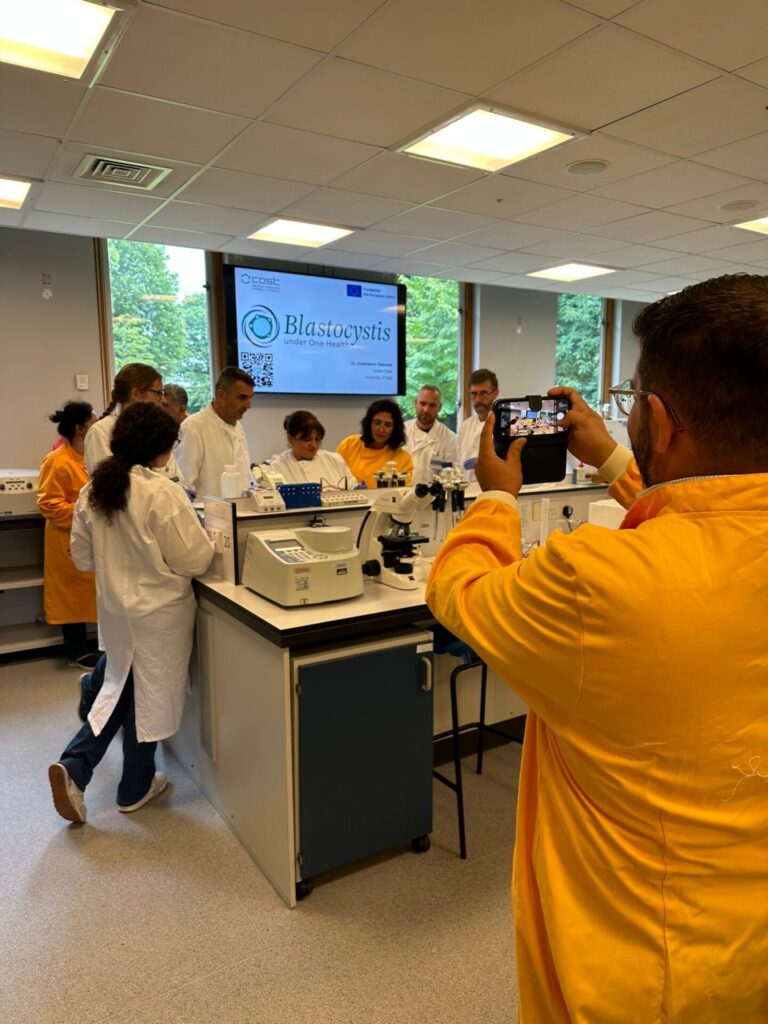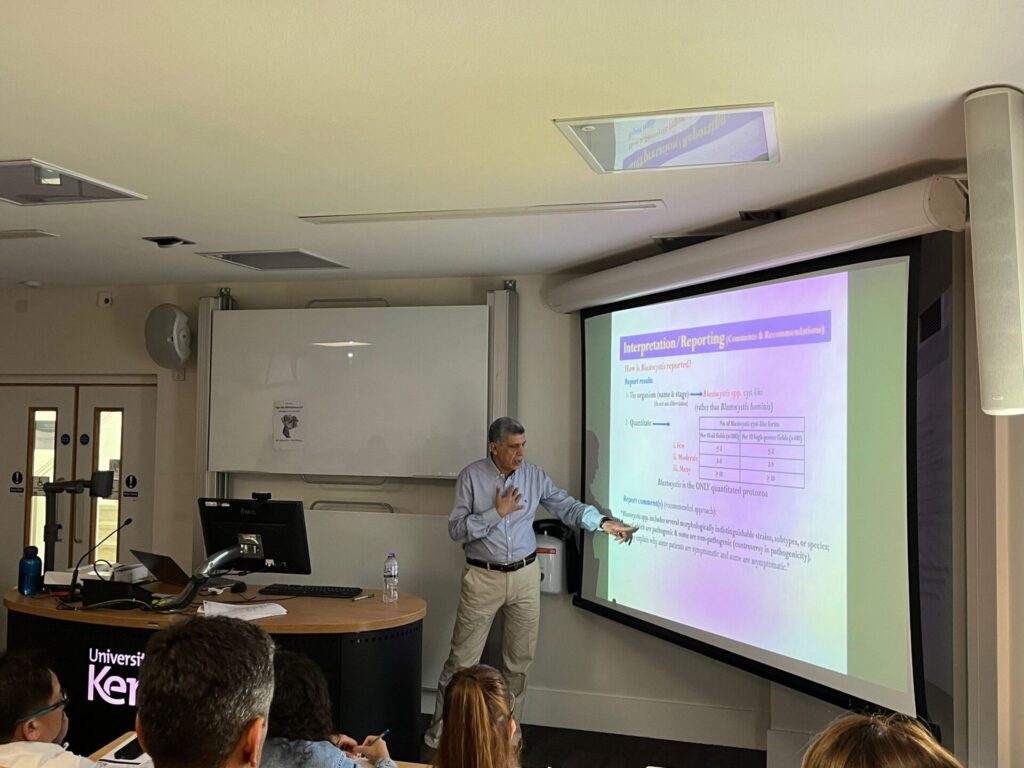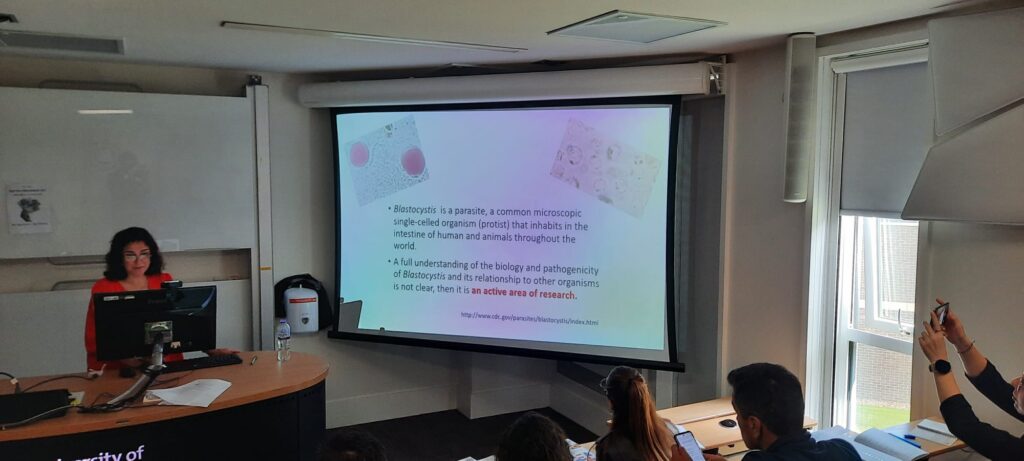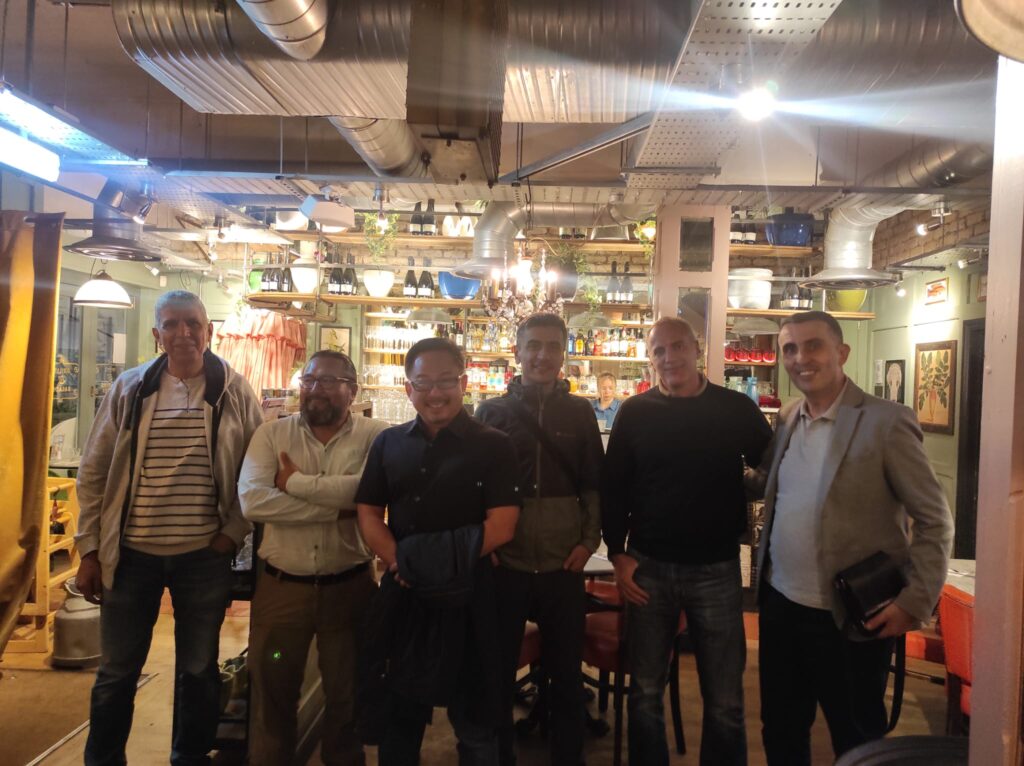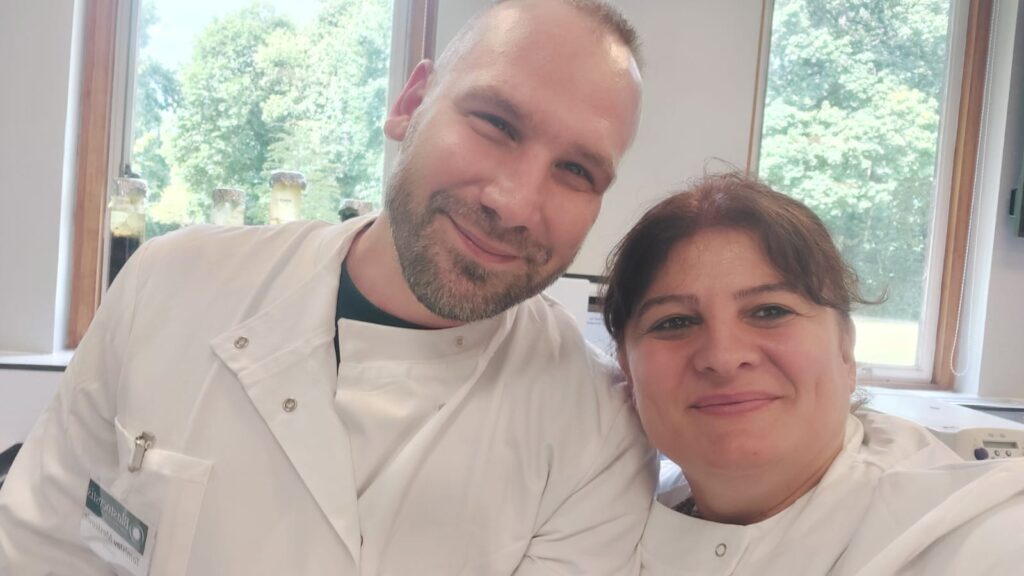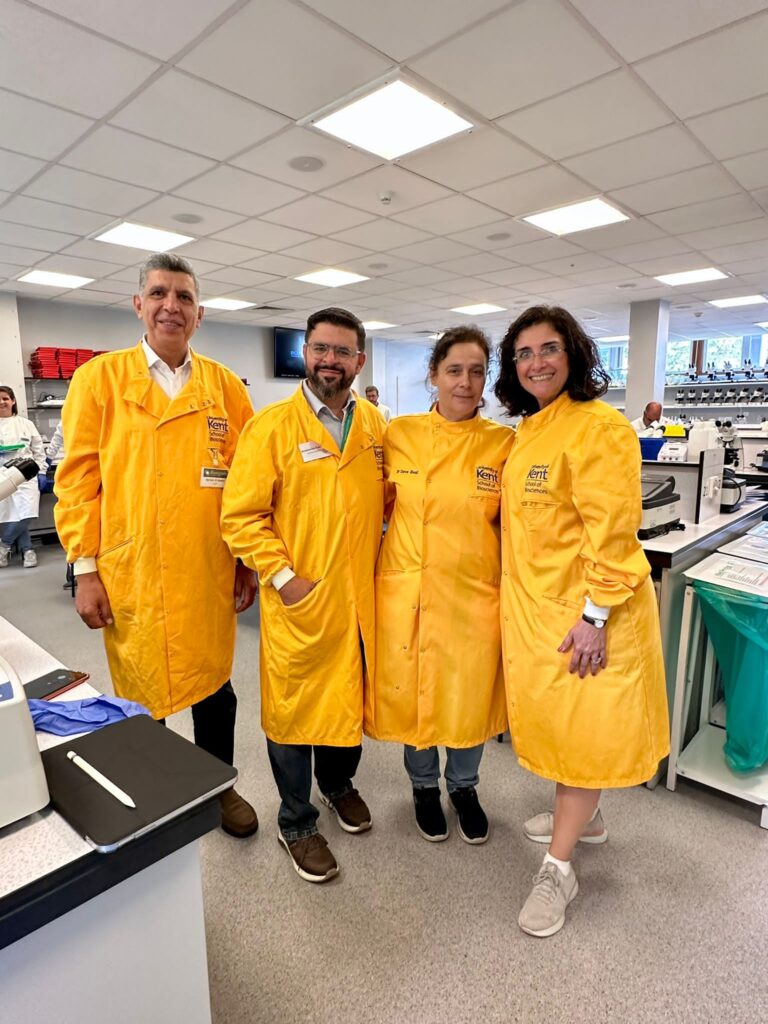“This Training School was an amazing experience, both professionally and personally. It provided me with essential tools that will help develop more applied research in my home country (Portugal) to detect and study risk factors associated with infections caused by Blastocystis. It was also a unique opportunity to network with some of the best researchers in the world dedicated to studying this parasite. I’m beyond happy to have had this fantastic opportunity to participate in this COST Action Training School!”
Ana Figueiredo

“Being a part of a project as important as the Blastocystis EU COST Action is an enormous privilege. I’d want to begin by expressing my gratitude to the project coordinator, all the mentors, and the training’s organizers for this outstanding training school. I’d also like to express my gratitude to all of my colleagues who attended this training. Each of us gained a great deal from the knowledge we learned over the course of the three training days, as well as from the sharing and support of the mentors and other participants. In my opinion, this degree of training ought to be made available to all diagnostic parasitologists.”
Erjona Abazaj
“I am a medical parasitologist and at the beginning of my career. Last November, I applied for COST Action CA21105 – Blastocystis under One Health (OneHealthBlastocystis) and immediately afterwards, I submitted for a project on this subject to the Scientific and Technological Research Council of Turkey. Just before the training school started, I received the news that the project was accepted. That’s why this training school was an indescribable chance for me before starting the project. The training school was very productive from first step (sample collection) to last step (analysis). During the training school, I met many researchers and we made plans to collaborate. It was a very valuable training in every sense for a researcher at the beginning of her career. Many thanks to Dr Anastasios TSAOUSIS, chair of action and his colleague.”
Eylem Akdur
“The Blastocystis Action Cost Training school in Canterbury has been an experience that allowed me to broaden my horizons from a scientific point of view and it has absolutely motivated my work once I came back home. At the same time, it enabled me to get in touch with professionals and colleagues, and to usefully expand my network of knowledge by creating new collaborations. It’s a 100% recommended experience.”
Isabel Guadano Procesi
“The training program was a valuable source of knowledge, allowing me to gain a more in-depth insights into the subject of Blastocystis. Moreover, it equipped me with new insights and skills that I can integrate into my own PhD project.”
Sadiya Maxamhud
“For me, the training school in Canterbury was very effective and productive. I will implement the methods I have learned to engage with the study topic.”
Fatgzim Latifi
“The training school held in Canterbury was a great summary of the available methods of Blastocystis diagnosis and bioinformatics methods for subtyping. Thanks to the joint analysis of obtained results, we had a unique opportunity to establish common standards of work in Blastocystis diagnosis and clarify details in the subtyping process. The class, in which we analysed all the problems arising in the process of genetic analysis of Blastocystis subtypes, proved to be an invaluable experience. Thanks to this training and the opportunity to consult all concerns with the best scientists in the field, I am confident that both my work and the work of my team is up to the highest standards.”
Karolina Baranowicz
“In our laboratory, we have experience with Blastocystis microscopy, but have just started molecular detection and subtyping of this organism, in early 2023. 2nd Training School of Blastocystis under One Health CA21105 COST Action entitled “Blastocystis Identification: From Microscopy to Phylogeny” gave me the opportunity to meet leading researchers in the field who gave me suggestions and ideas on how best to analyse my results. Several programmes for phylogenetic analyses were presented and the most reliable databases were discussed. The course participants were provided with an invaluable collection of reference sequences of Blastocystis subtypes that will make our analyses easier, more consistent and correct. All the trainers were extremely dedicated and always willing to help us with our questions. With their friendly and warm personalities, they made our discussion fruitful and stress-free. Last but not least, I know I can always ask any of them for advice in my future research.”
Barbara Šoba Šparl
“This Blastocystis Training School has been an incredible opportunity to learn about different techniques such as DNA extraction, PCR and microscopy. We also had the opportunity to learn Bioinformatics and I really appreciate it because it’s something that I’m not very familiar with and it has helped me to understand it more.”
Ana López


